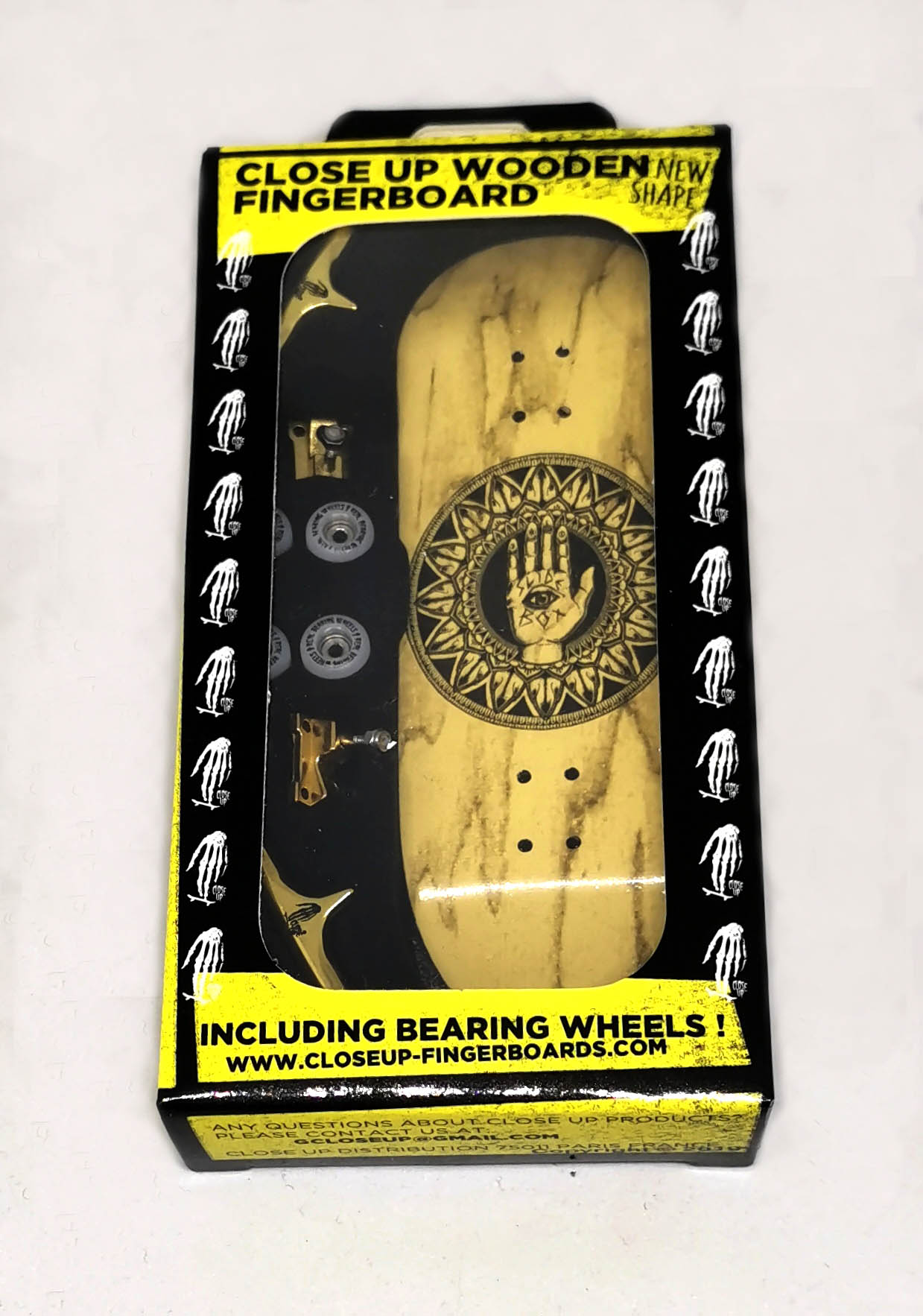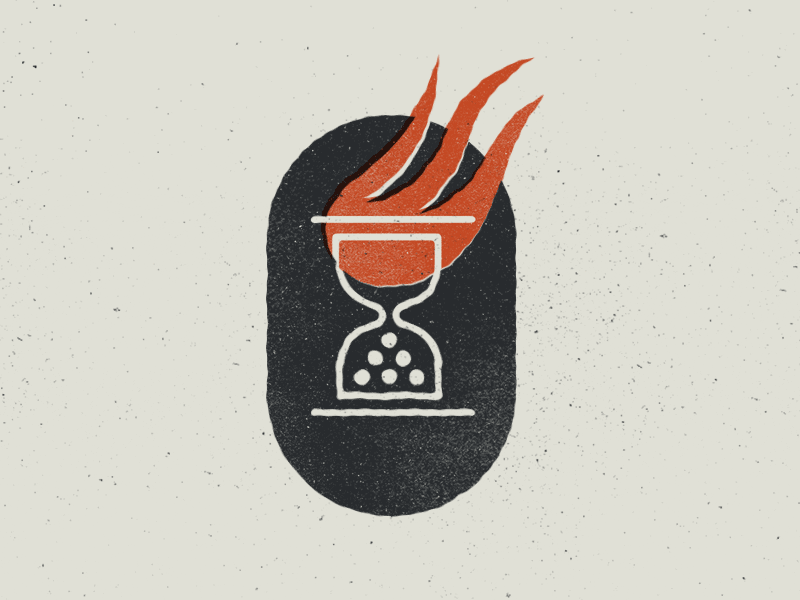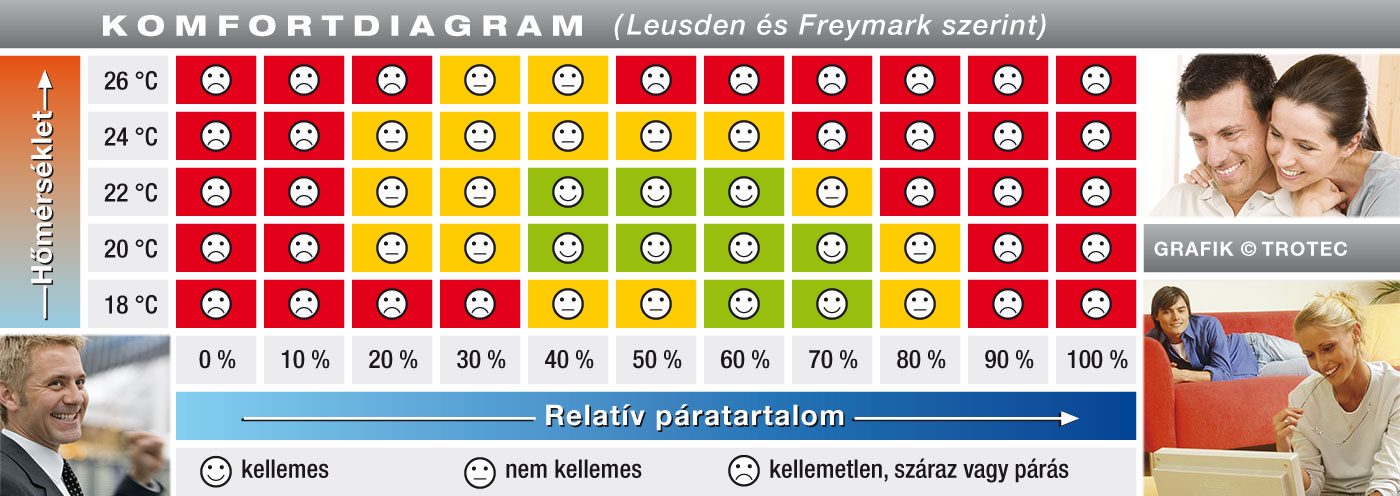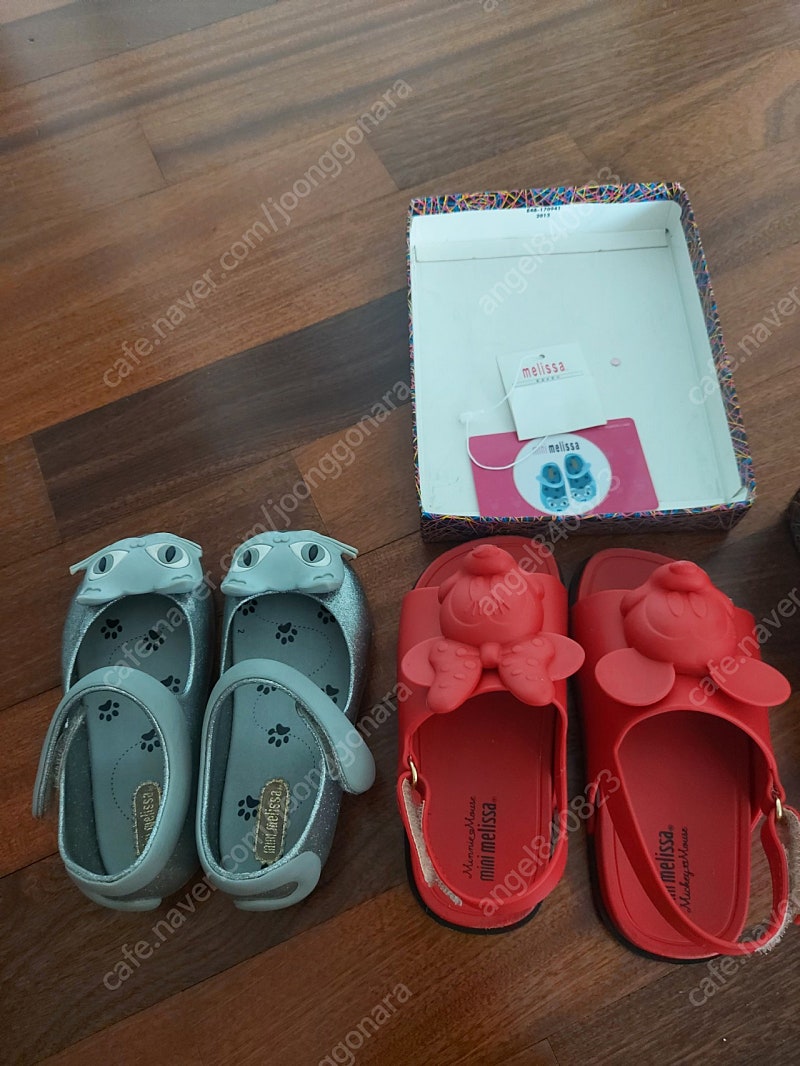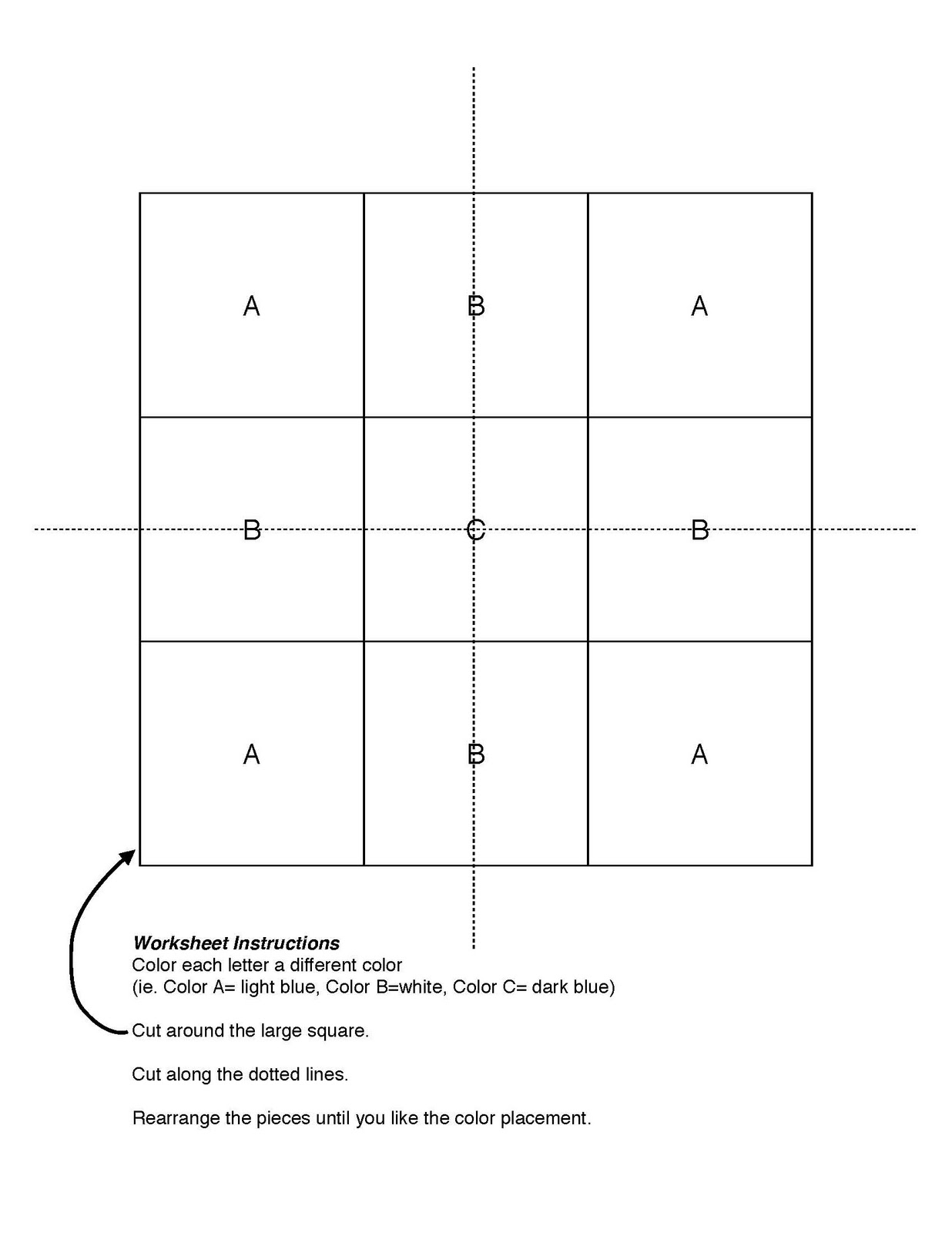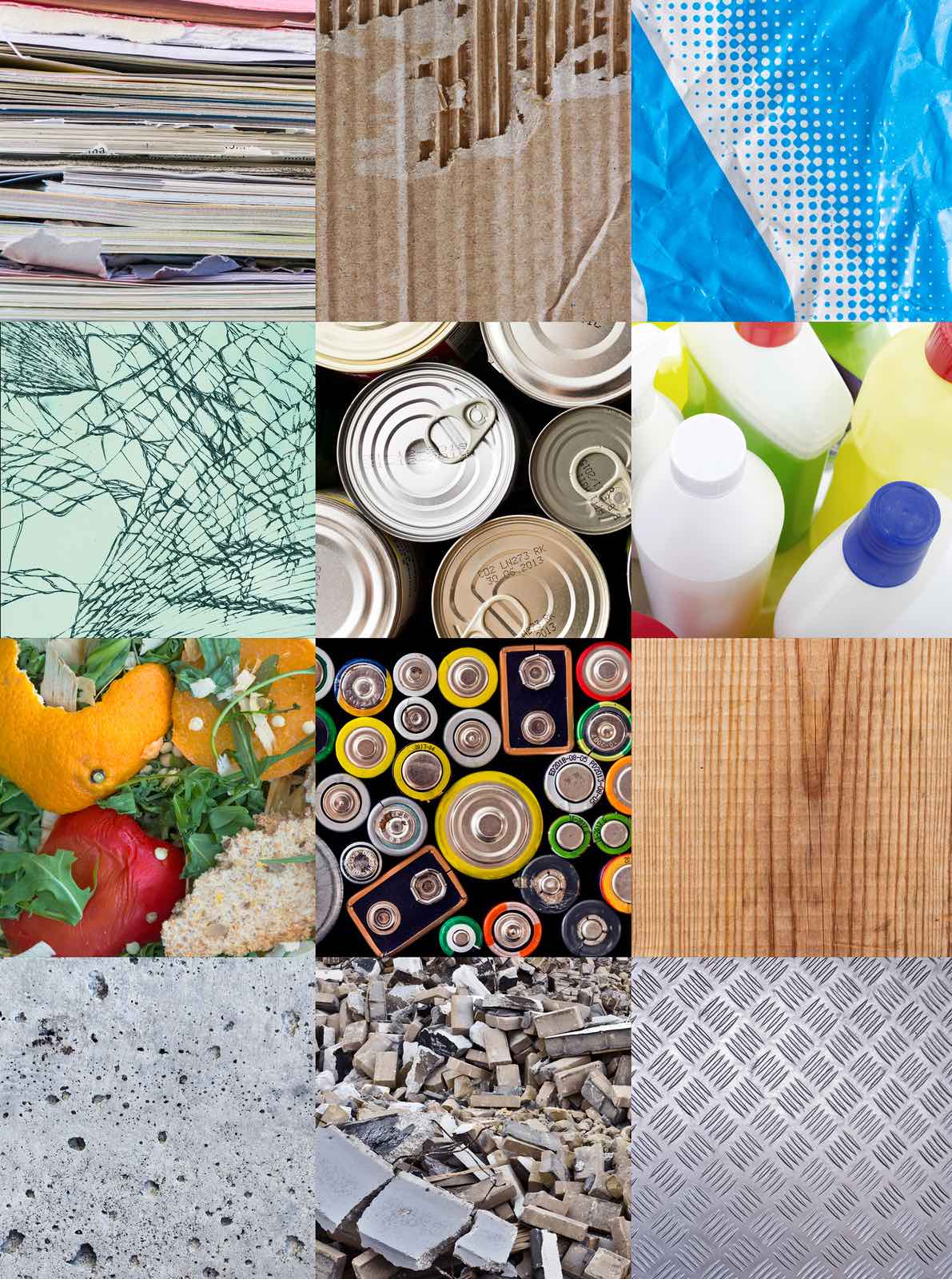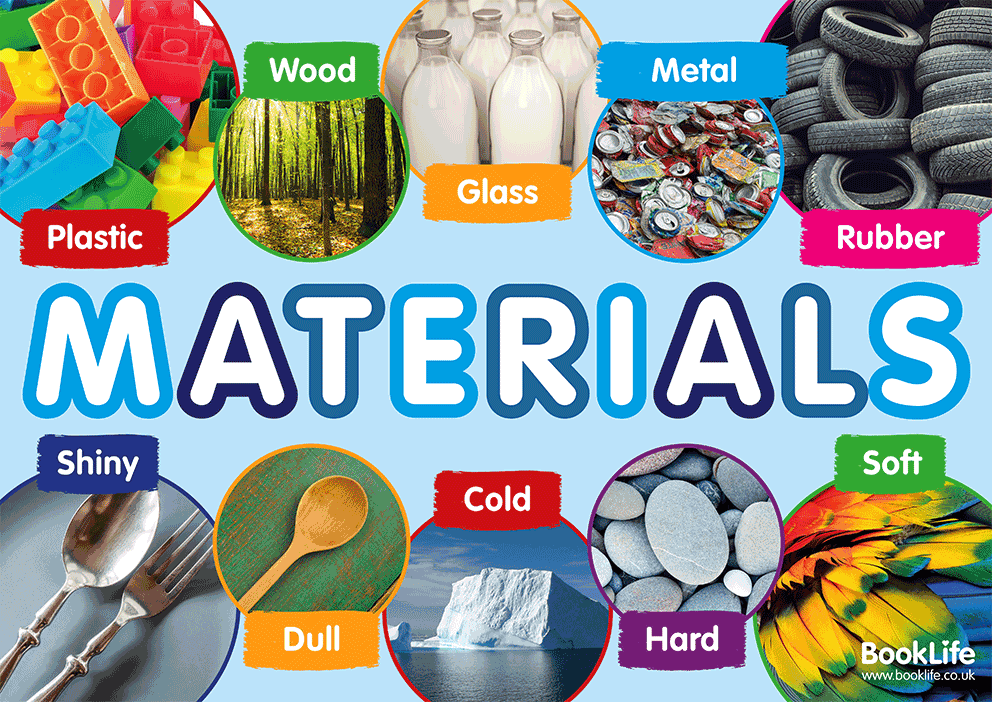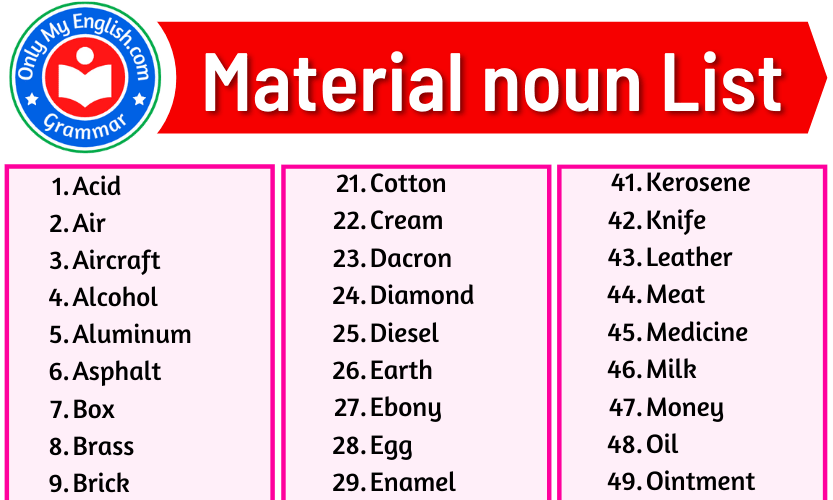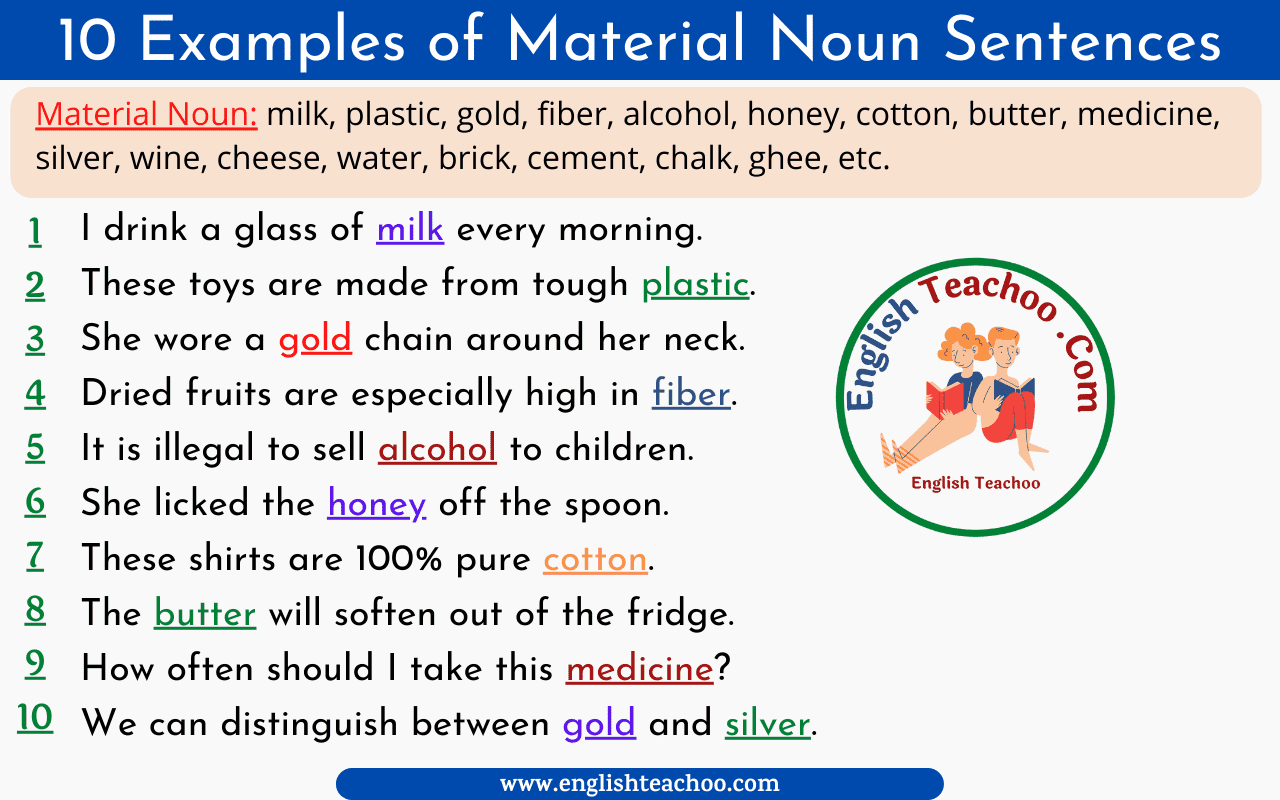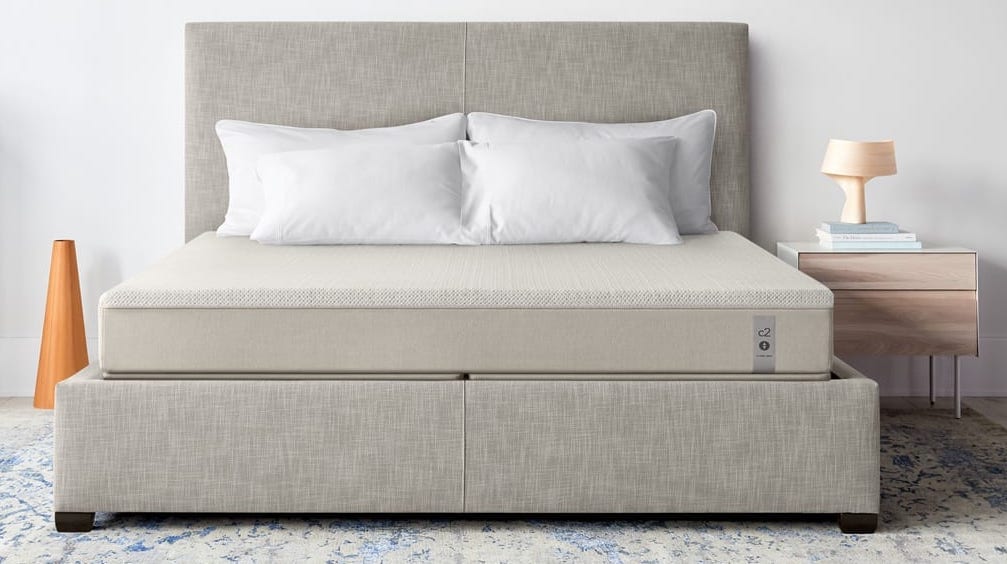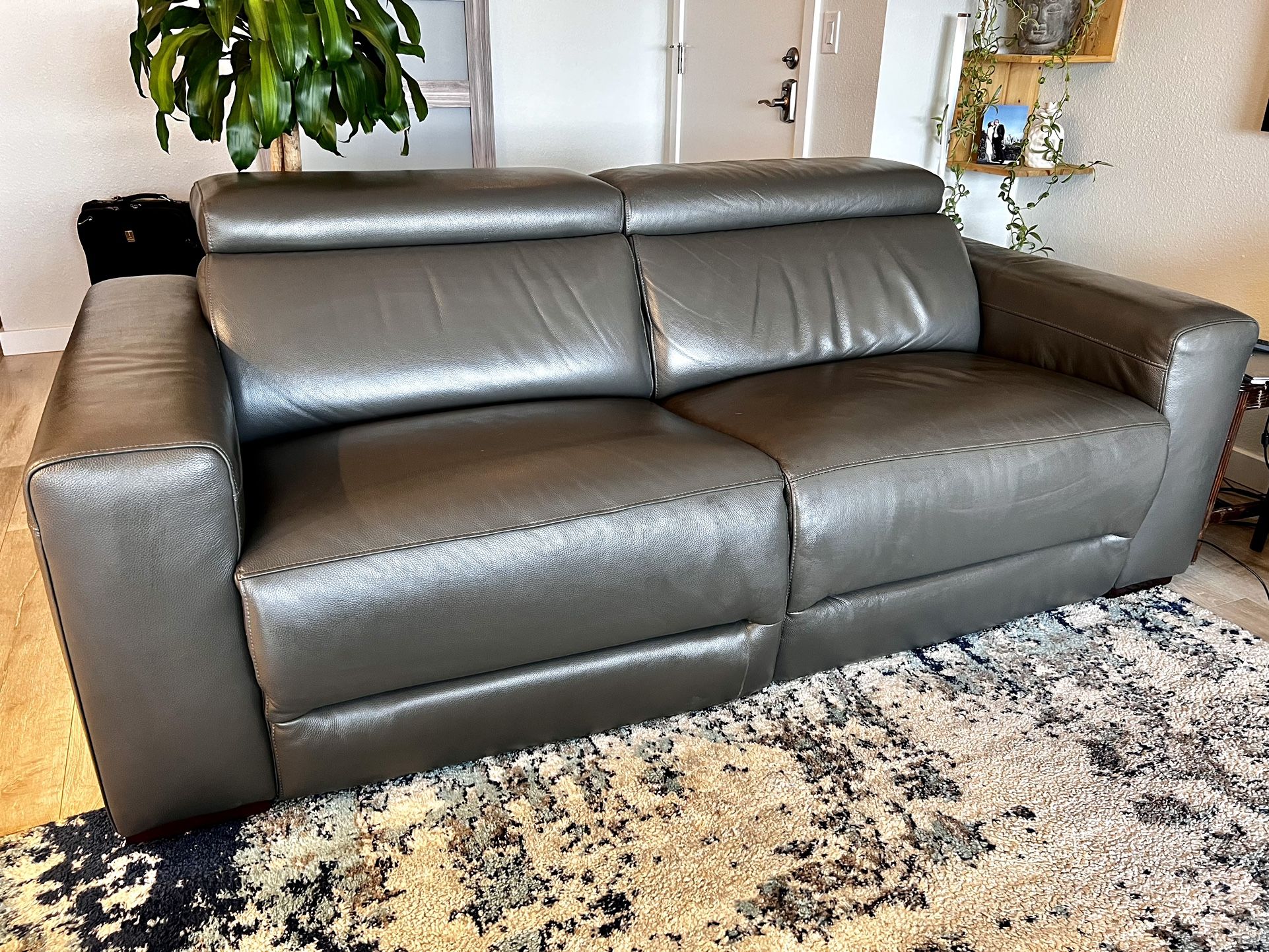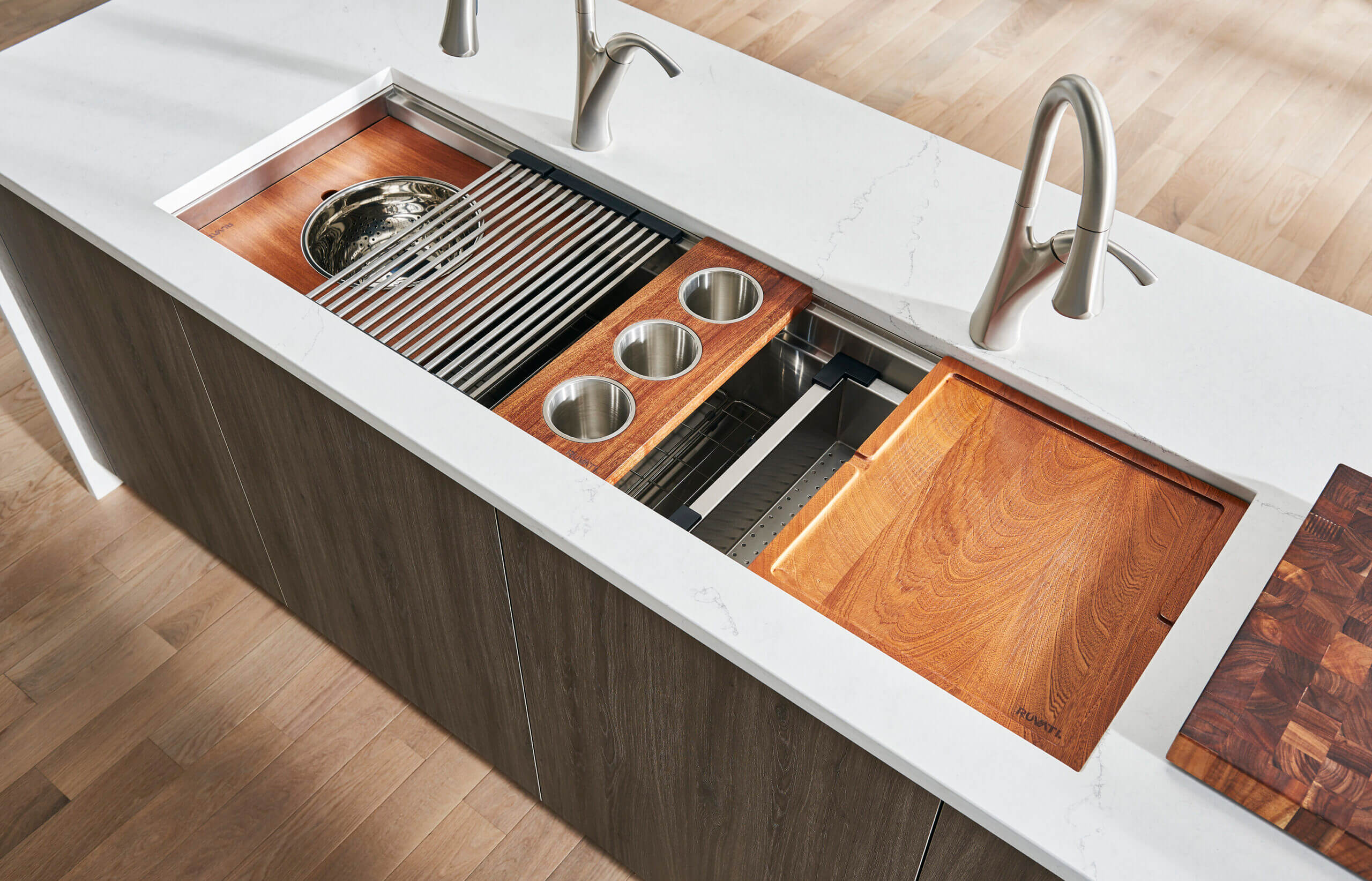When it comes to getting a good night's sleep while camping, comfort is definitely a top priority. Both sleep pads and air mattresses offer different levels of comfort, so it's important to consider your personal preferences. Sleep pads are typically thinner and provide a firmer sleeping surface, which can be great for those who like a little more support. On the other hand, air mattresses offer a more cushioned and plush sleeping experience, making them a popular choice for those who prioritize comfort above all else.1. Comfort:
When you're packing for a camping trip, space is limited, so the portability of your sleeping gear is a crucial factor to consider. In this aspect, sleep pads have the advantage as they are typically smaller and lighter than air mattresses. Most sleep pads can easily be rolled up or folded into a compact size, making them easy to pack and carry on your trip. Air mattresses, on the other hand, require a pump and can take up more space in your camping gear.2. Portability:
A good night's sleep can be easily ruined if you're not properly insulated from the ground. This is where sleep pads and air mattresses differ. Sleep pads are designed to provide insulation from the cold ground, keeping you warm and comfortable throughout the night. Some sleep pads even have added features like reflective materials to further enhance their insulation properties. Air mattresses, on the other hand, offer minimal insulation and can leave you feeling cold and uncomfortable if the temperature drops.3. Insulation:
When investing in camping gear, it's important to consider the durability of your purchase. In this aspect, sleep pads have the upper hand as they are typically made from more durable materials like foam, which can withstand rough terrain and frequent use. Air mattresses, on the other hand, are more prone to punctures and tears, making them less durable in the long run.4. Durability:
When it comes to camping gear, price is always a factor to consider. Sleep pads and air mattresses vary in price, with sleep pads generally being more affordable. However, the cost of a sleep pad can vary depending on the type and features, such as self-inflating or inflatable. Air mattresses, on the other hand, can be more expensive, especially if you opt for a high-quality, durable one.5. Price:
If you're planning on carrying your sleeping gear on a backpacking trip, weight is a crucial factor to consider. In this aspect, sleep pads are the clear winner as they are typically lighter and more compact than air mattresses. This makes them a popular choice among backpackers and hikers who want to minimize the weight they carry.6. Weight:
After a long day of hiking and exploring, the last thing you want to do is spend a lot of time setting up your sleeping gear. Sleep pads require minimal set-up time as they can simply be rolled out and inflated manually. Air mattresses, on the other hand, require a pump and can take longer to set up, especially if it's a large one.7. Set-up time:
While we've already touched on comfort, it's worth noting that both sleep pads and air mattresses offer different levels of comfort. Sleep pads are generally better for those who prefer a firmer sleeping surface, while air mattresses are better for those who like a softer, more cushioned feel. It's important to consider your personal preferences and choose the option that will provide the most comfortable sleep for you.8. Comfort level:
Sleep pads and air mattresses come in a variety of sizes, so you can choose the one that best suits your needs. Sleep pads are typically more versatile in size, with options ranging from single to king-sized. Air mattresses, on the other hand, are limited in size options and are usually only available in twin or queen sizes.9. Size options:
The material of your sleeping gear can greatly impact its durability, comfort, and insulation properties. Sleep pads are usually made from foam, which can provide a firm and comfortable sleeping surface while also being durable and insulating. Air mattresses are often made from PVC or vinyl, which can be less comfortable and less durable in the long run.10. Material:
The Importance of Comfortable Sleeping Options in House Design
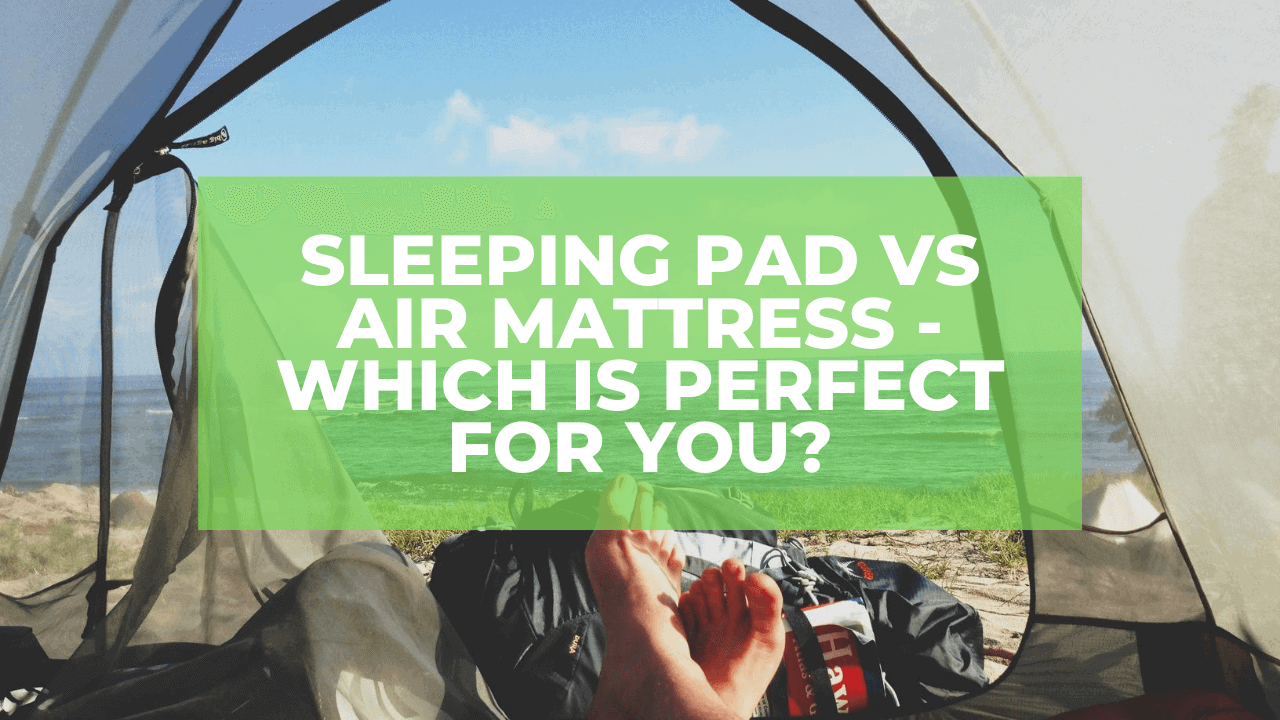
Sleep Pad vs Air Mattress: Which is Better?
 When it comes to designing your home, one of the most important factors to consider is how to create a comfortable and inviting space for yourself and your guests. And one of the key elements in achieving this is by choosing the right sleeping options. A good night's sleep is crucial for our physical and mental well-being, and having the right sleeping surface can make all the difference. In this article, we will compare two popular options –
sleep pads
and
air mattresses
– and help you decide which one is the better choice for your house design.
When it comes to designing your home, one of the most important factors to consider is how to create a comfortable and inviting space for yourself and your guests. And one of the key elements in achieving this is by choosing the right sleeping options. A good night's sleep is crucial for our physical and mental well-being, and having the right sleeping surface can make all the difference. In this article, we will compare two popular options –
sleep pads
and
air mattresses
– and help you decide which one is the better choice for your house design.
The Pros and Cons of Sleep Pads
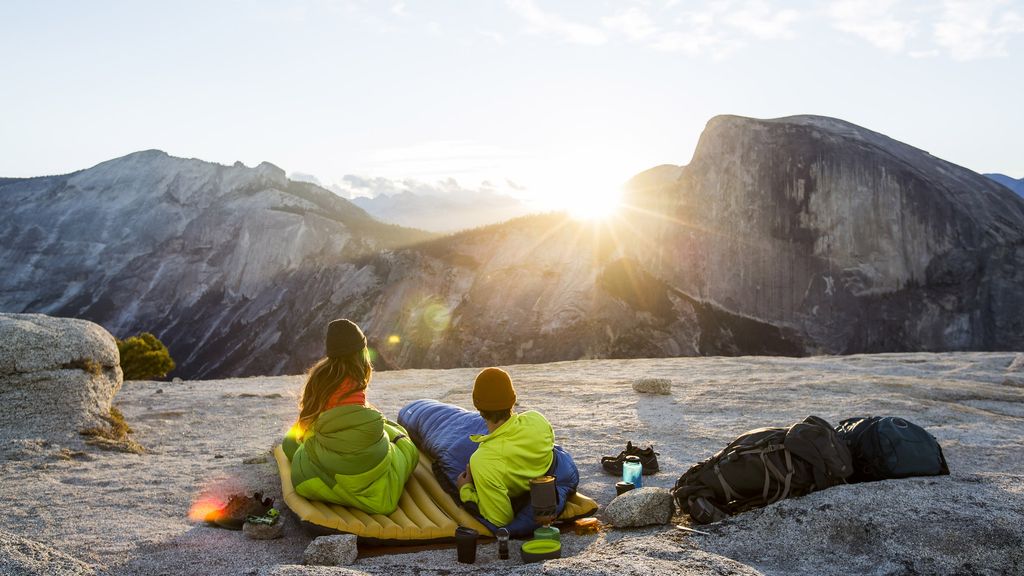 Sleep pads
, also known as sleeping mats, are usually made of foam or inflatable materials and are designed to provide a comfortable surface for sleeping on the ground. They are lightweight, compact, and easy to set up, making them a popular choice for camping and outdoor activities. However, they can also be used indoors, especially in small living spaces where a traditional bed may not fit.
One of the main advantages of sleep pads is their affordability. They are much cheaper than air mattresses and can be found at most outdoor or camping stores. They are also durable and can withstand rough outdoor conditions. However, since they are designed for camping, they may not be as comfortable as a traditional mattress. They are also not as thick, which may not provide enough support for people with back or joint problems.
Sleep pads
, also known as sleeping mats, are usually made of foam or inflatable materials and are designed to provide a comfortable surface for sleeping on the ground. They are lightweight, compact, and easy to set up, making them a popular choice for camping and outdoor activities. However, they can also be used indoors, especially in small living spaces where a traditional bed may not fit.
One of the main advantages of sleep pads is their affordability. They are much cheaper than air mattresses and can be found at most outdoor or camping stores. They are also durable and can withstand rough outdoor conditions. However, since they are designed for camping, they may not be as comfortable as a traditional mattress. They are also not as thick, which may not provide enough support for people with back or joint problems.
The Pros and Cons of Air Mattresses
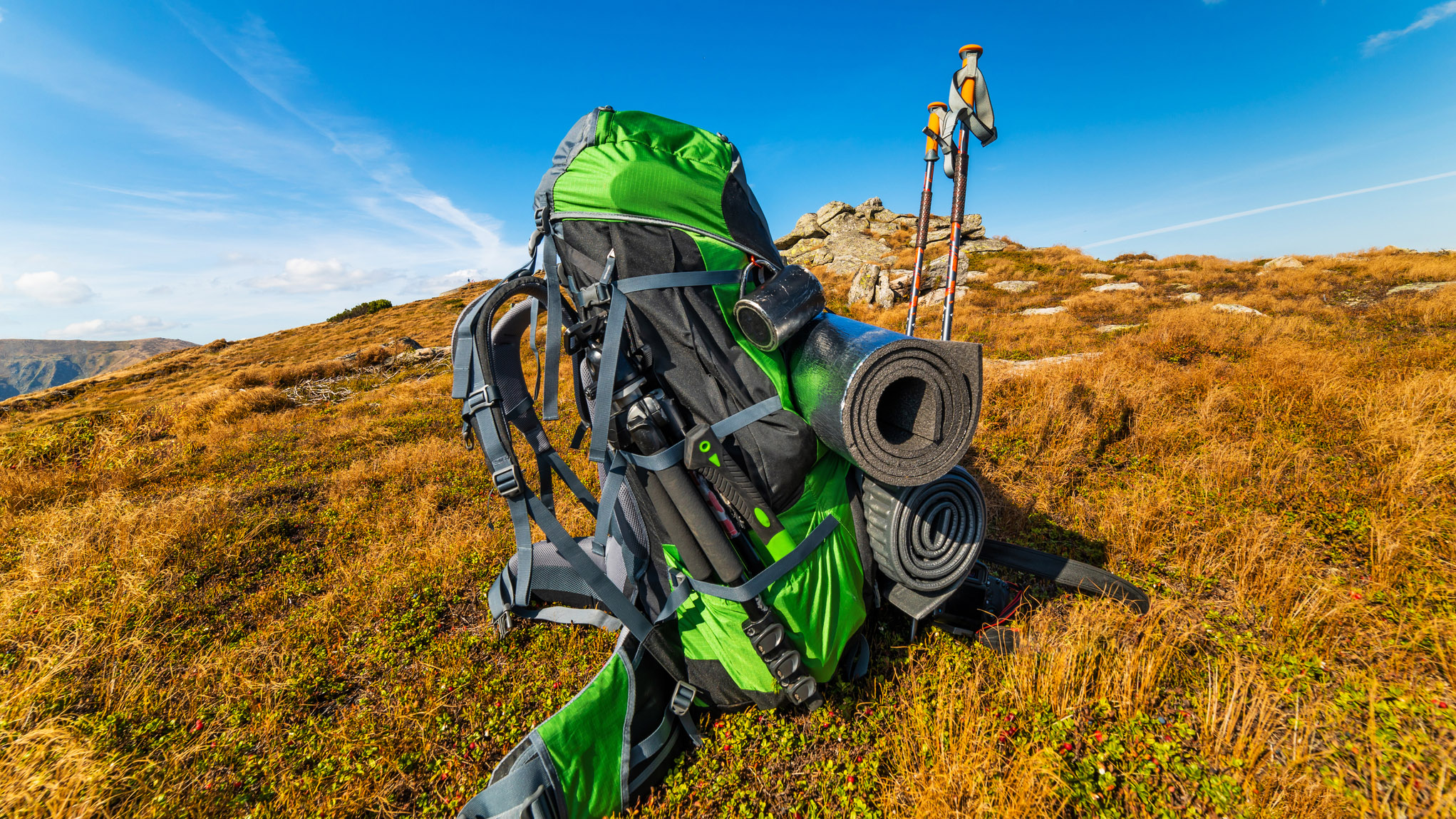 Air mattresses
, on the other hand, are inflatable mattresses that are usually made of PVC or rubber materials. They come in various sizes and thicknesses, and some even come with built-in pumps for easy inflation. Unlike sleep pads, air mattresses are specifically designed for indoor use and are often used as a temporary sleeping solution for guests or for people living in small apartments.
The main advantage of air mattresses is their comfort. They are thicker and provide better support for your body, making them a better choice for people with back or joint problems. They are also adjustable, allowing you to control the firmness of the mattress. However, they can be more expensive than sleep pads and may not be as durable. They are also bulkier and may take up more storage space.
Air mattresses
, on the other hand, are inflatable mattresses that are usually made of PVC or rubber materials. They come in various sizes and thicknesses, and some even come with built-in pumps for easy inflation. Unlike sleep pads, air mattresses are specifically designed for indoor use and are often used as a temporary sleeping solution for guests or for people living in small apartments.
The main advantage of air mattresses is their comfort. They are thicker and provide better support for your body, making them a better choice for people with back or joint problems. They are also adjustable, allowing you to control the firmness of the mattress. However, they can be more expensive than sleep pads and may not be as durable. They are also bulkier and may take up more storage space.
The Verdict
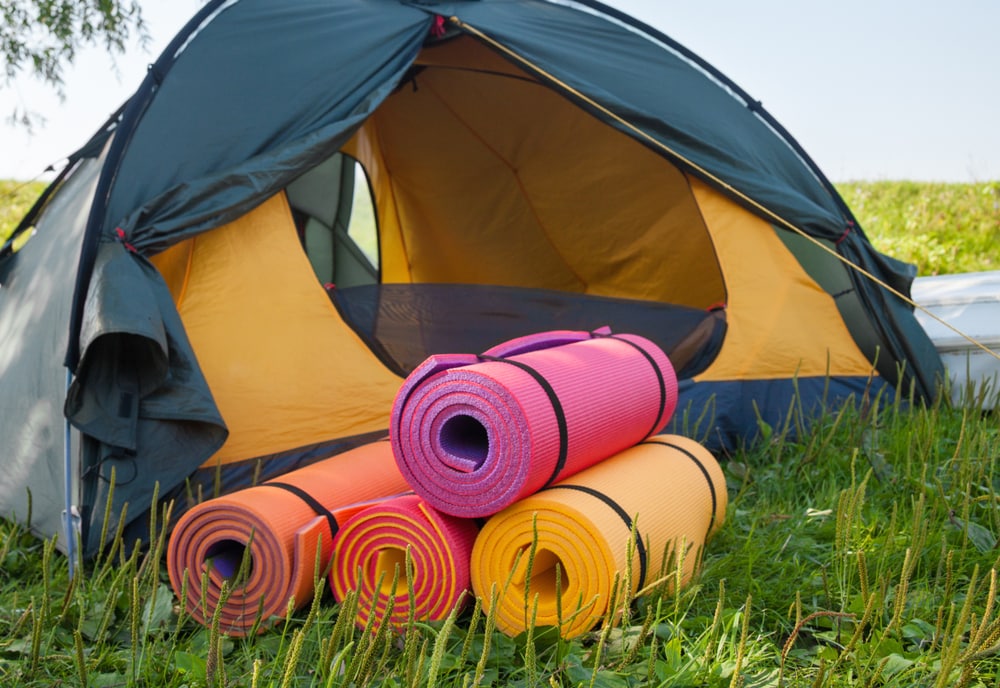 In conclusion, both
sleep pads
and
air mattresses
have their own advantages and disadvantages. If you are looking for a budget-friendly, versatile option that can be used both indoors and outdoors, a sleep pad may be the better choice. However, if you prioritize comfort and have enough storage space, an air mattress may be the better option for your house design. Ultimately, it all comes down to your personal preferences and needs.
In conclusion, both
sleep pads
and
air mattresses
have their own advantages and disadvantages. If you are looking for a budget-friendly, versatile option that can be used both indoors and outdoors, a sleep pad may be the better choice. However, if you prioritize comfort and have enough storage space, an air mattress may be the better option for your house design. Ultimately, it all comes down to your personal preferences and needs.


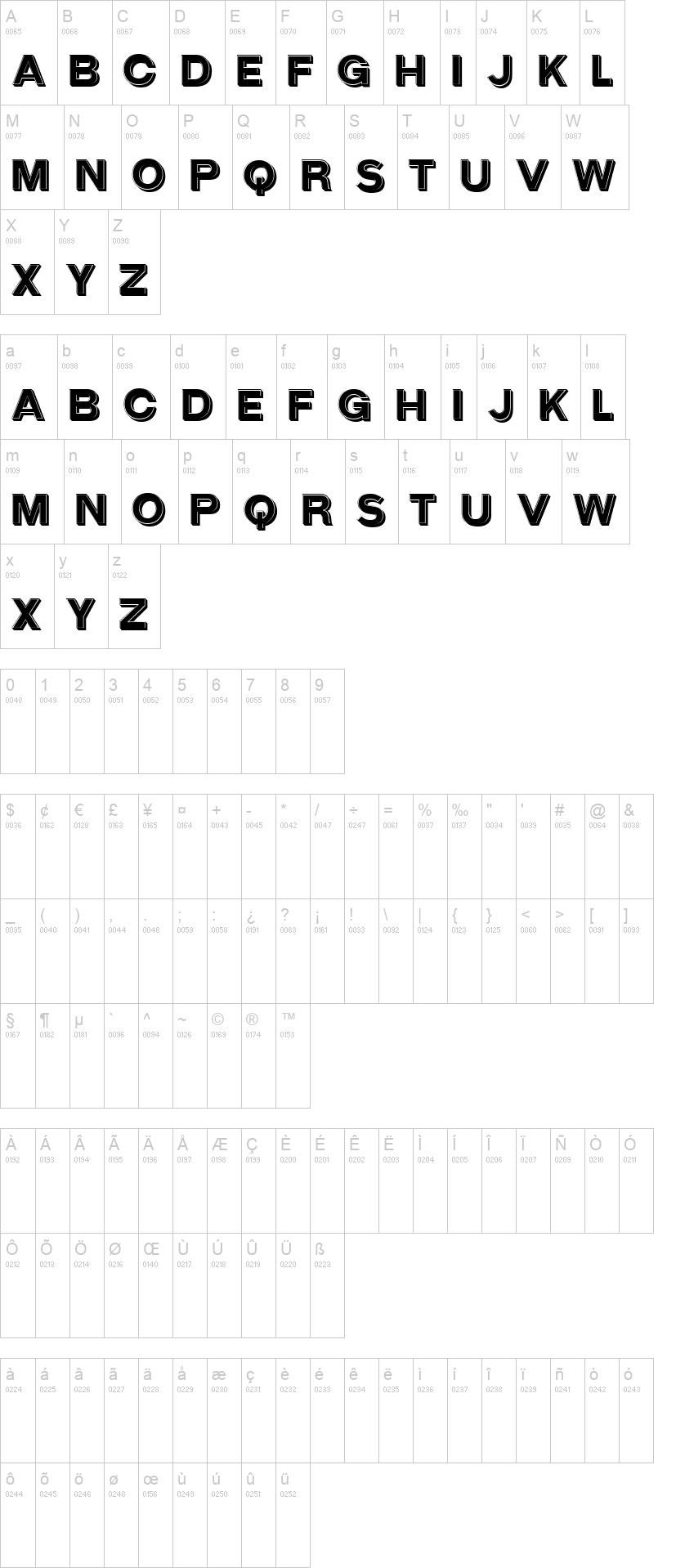


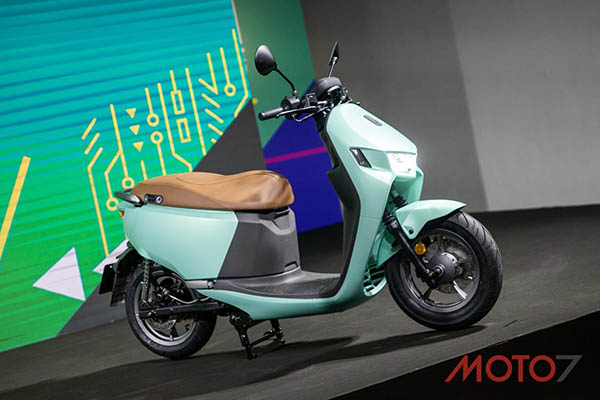







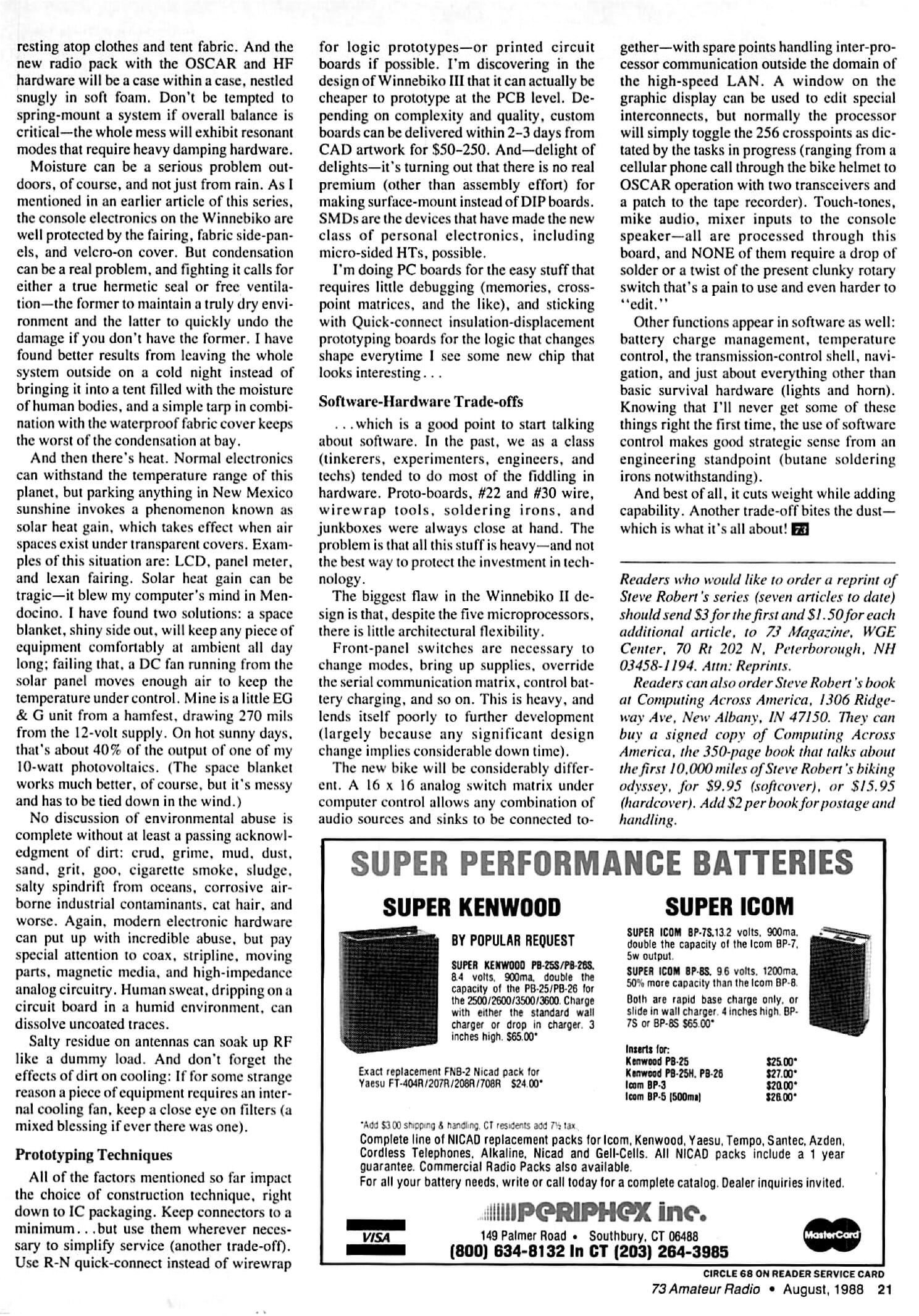


/GettyImages-958875078-f31a14206fdc4227bf48f6783f3f8d4d.jpg)






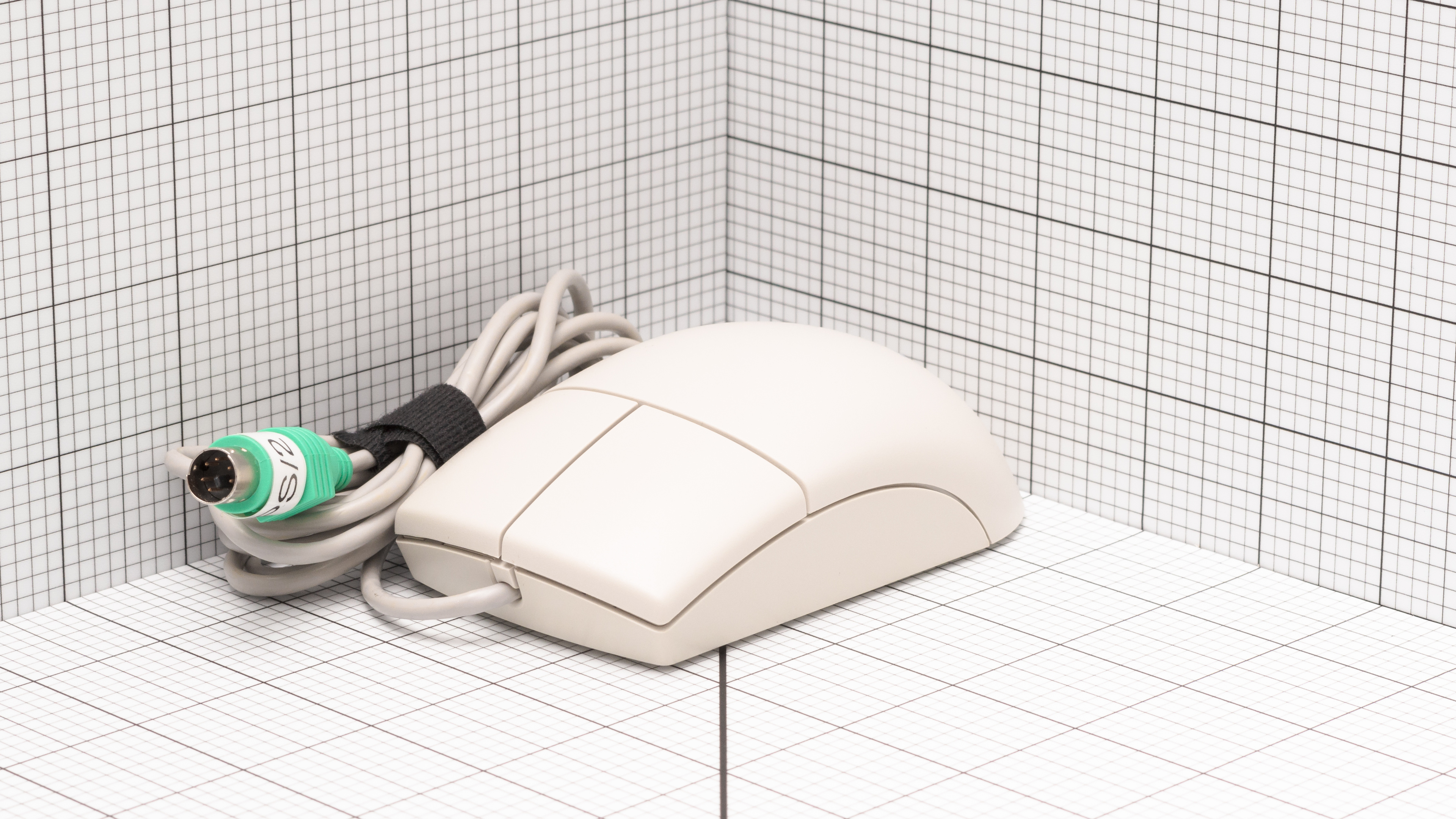



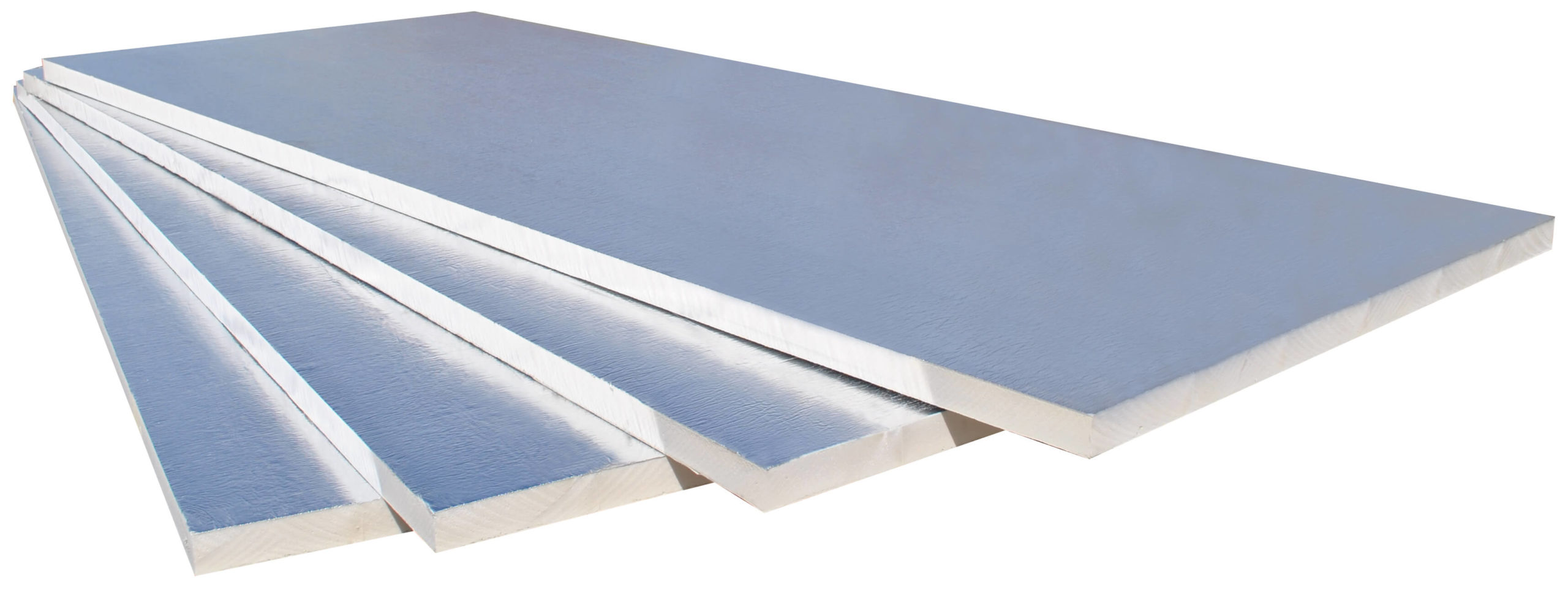
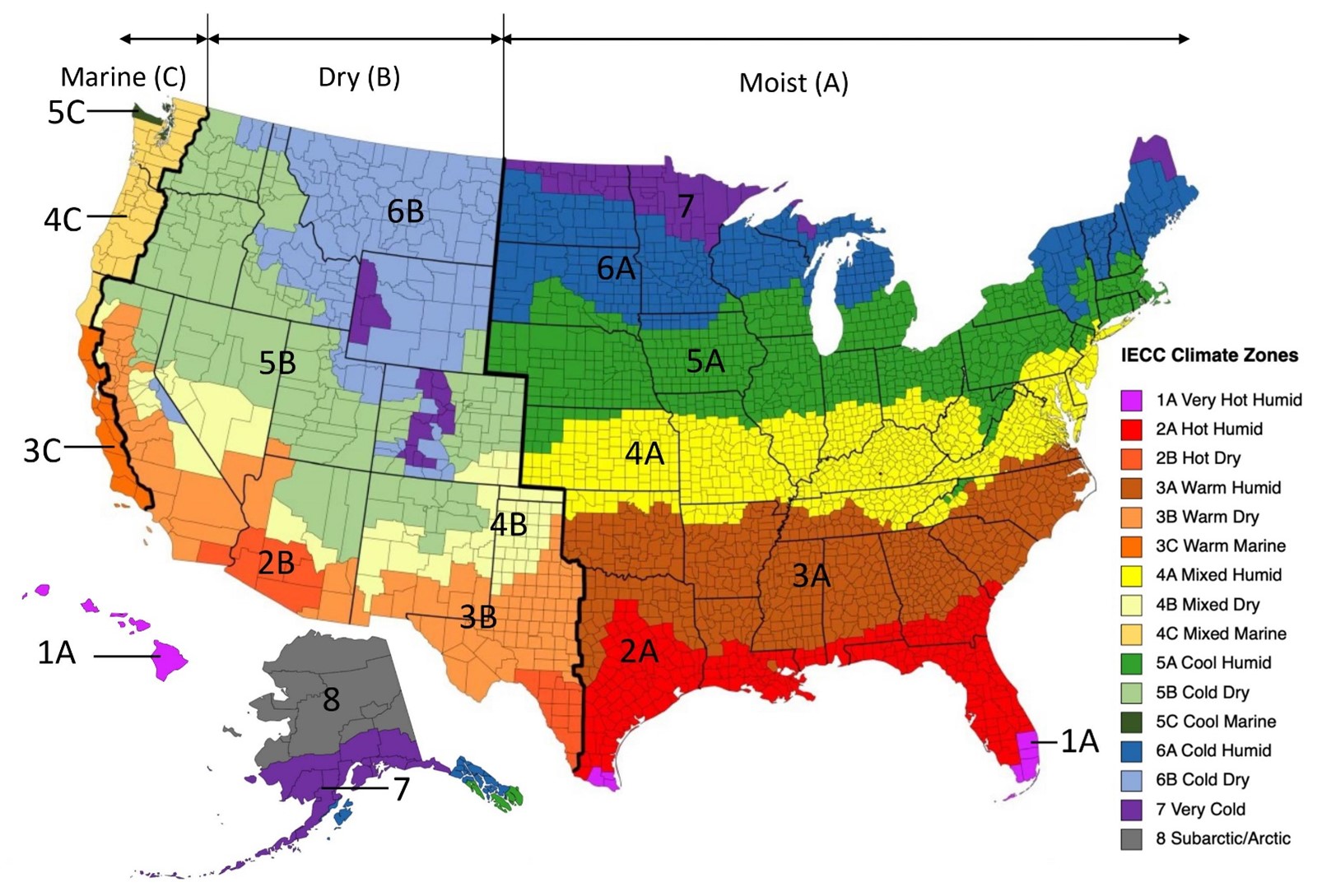

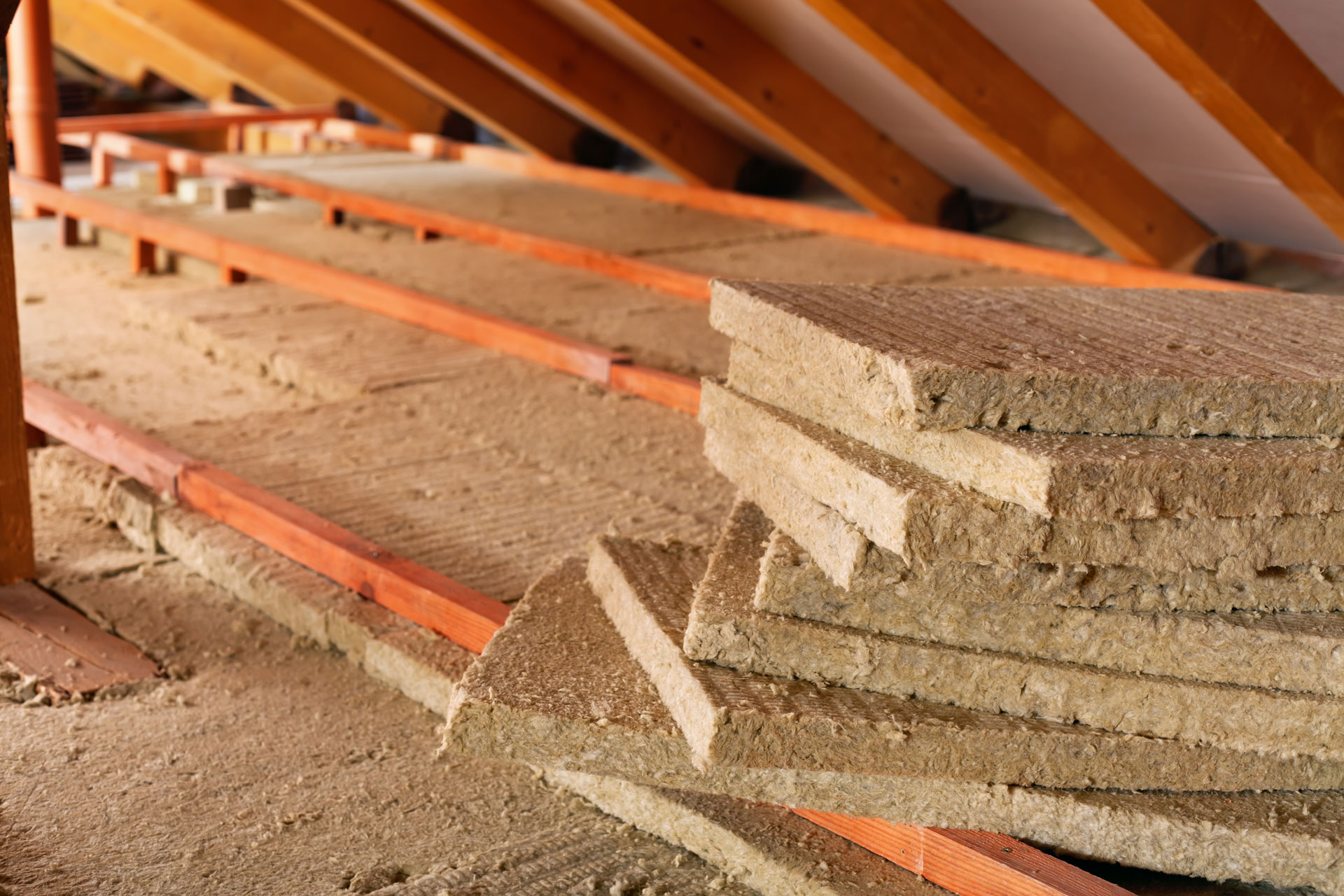

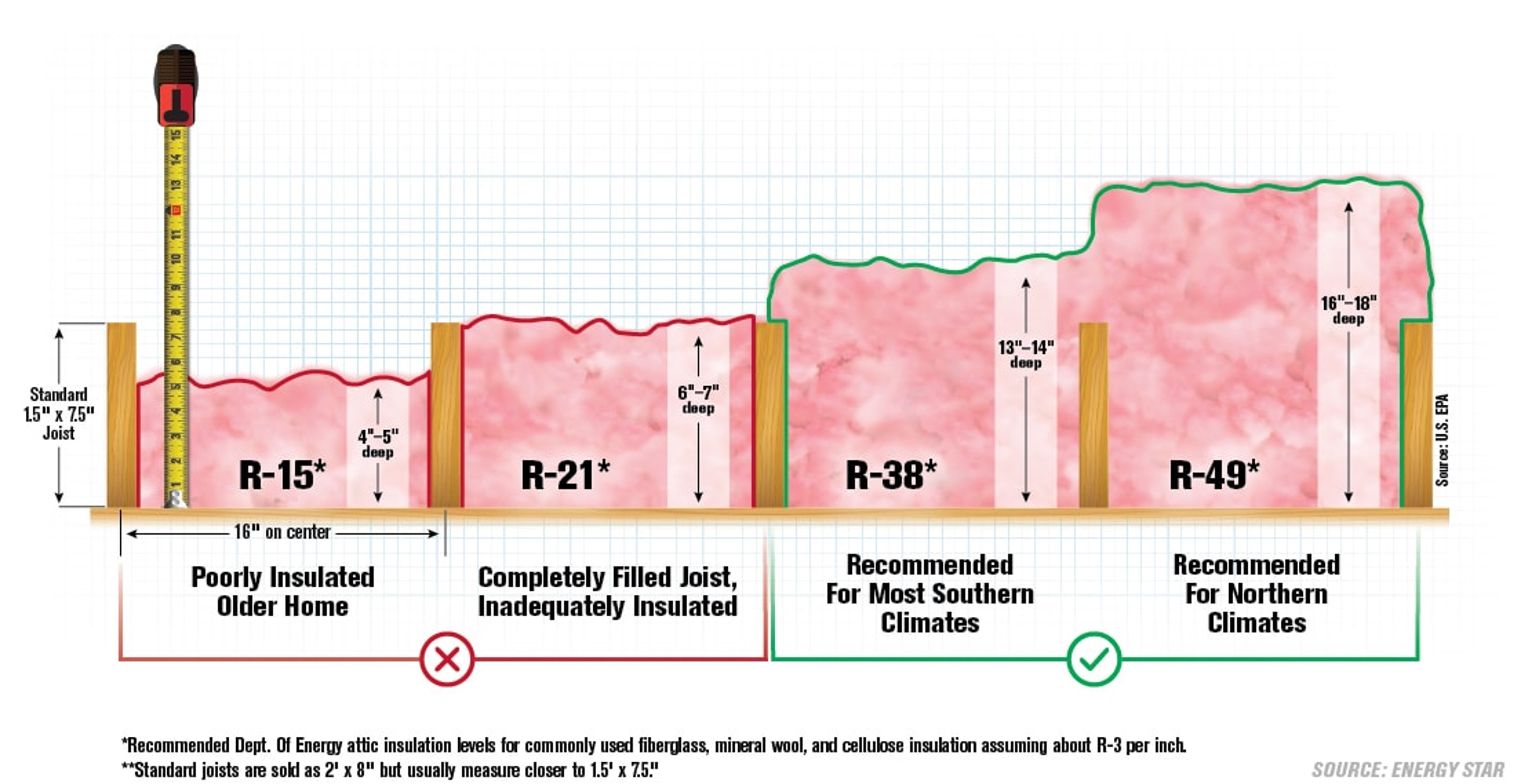
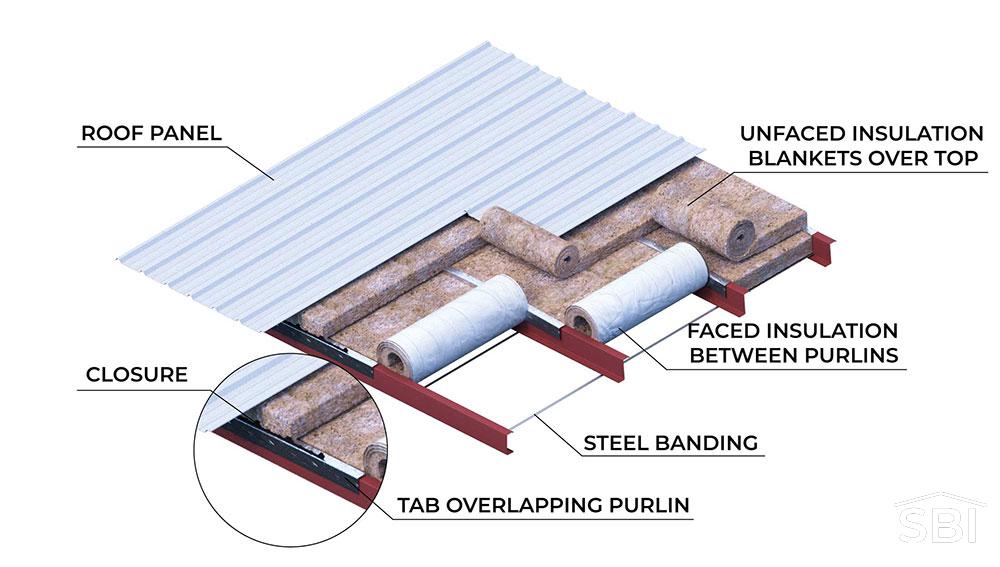

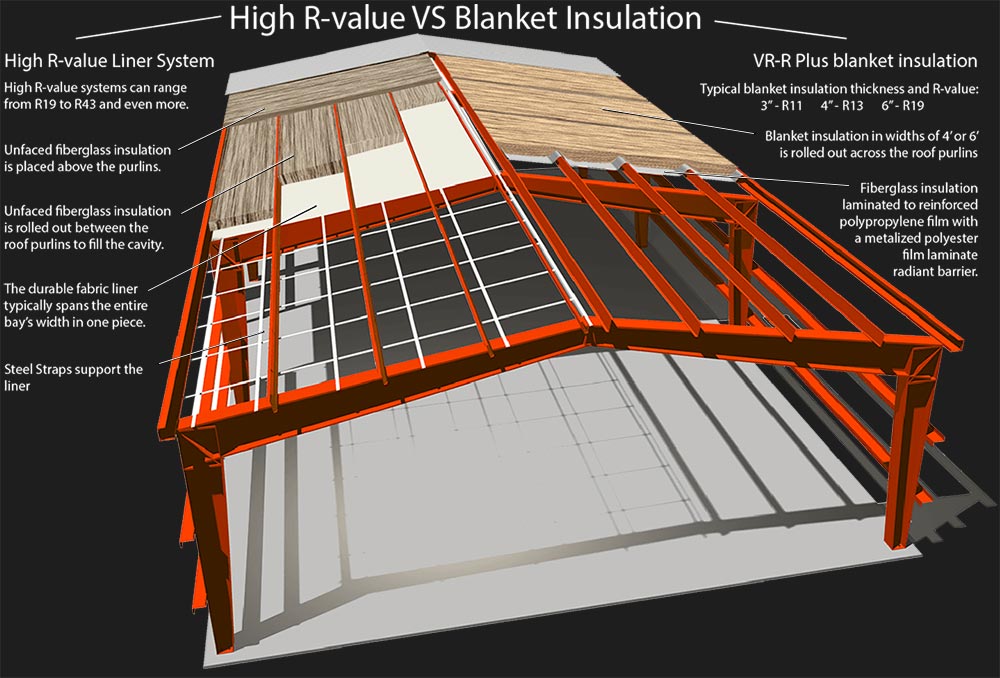
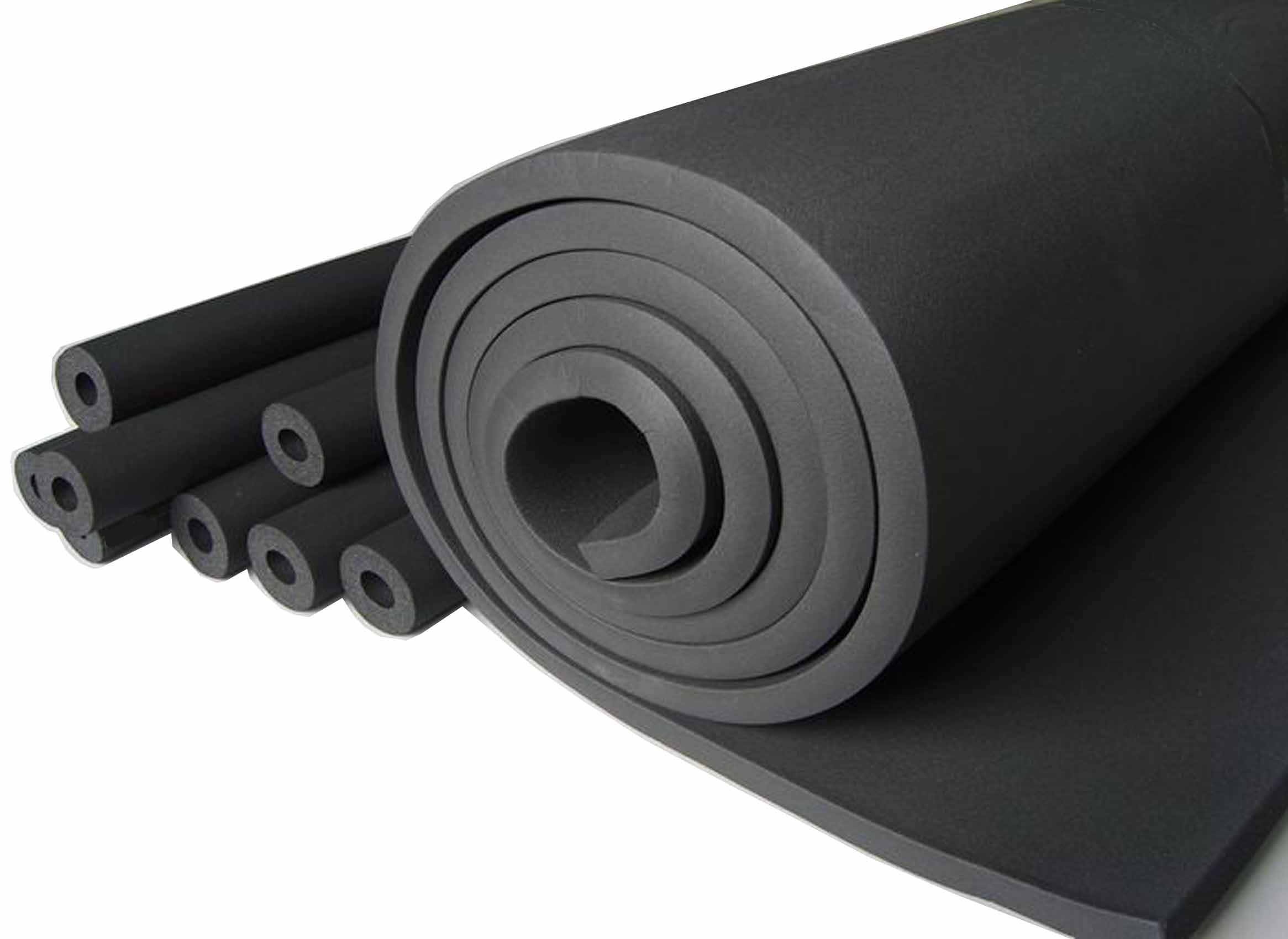

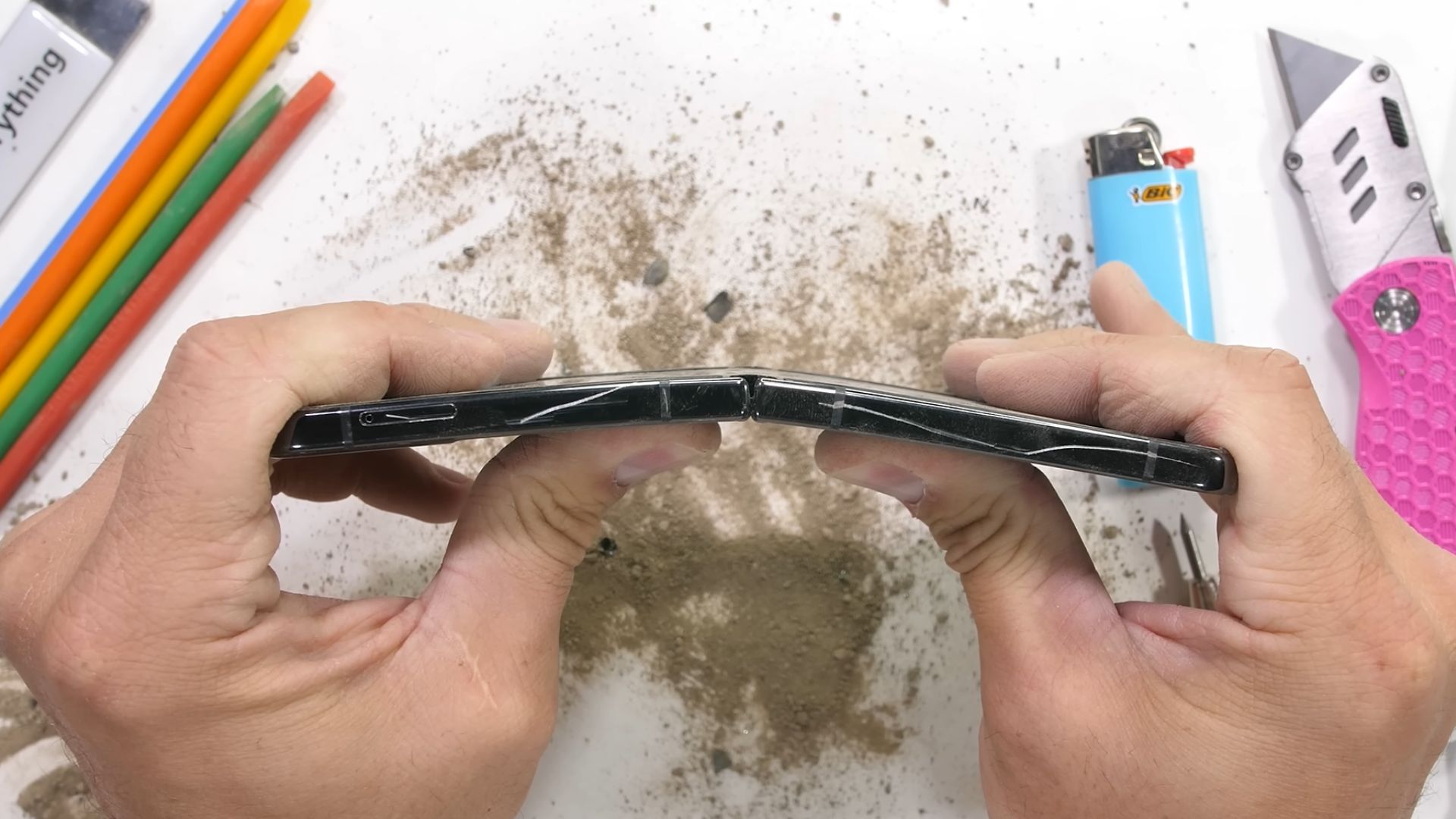





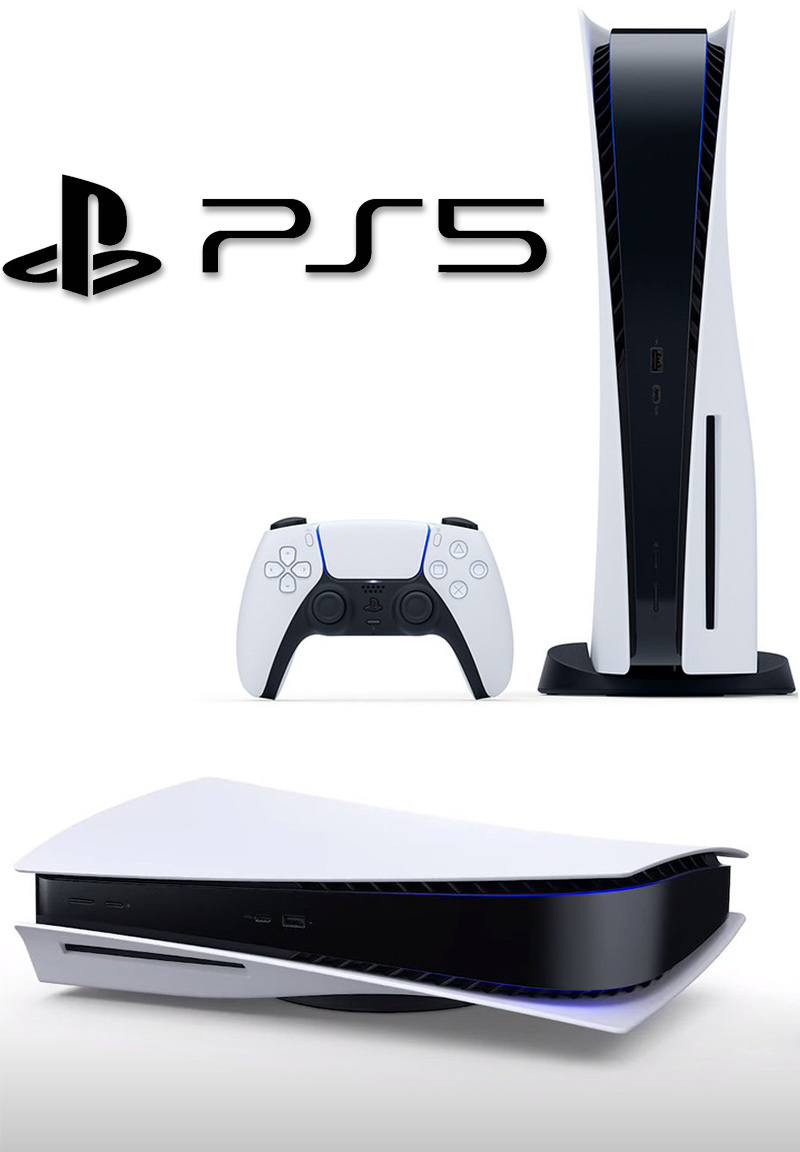



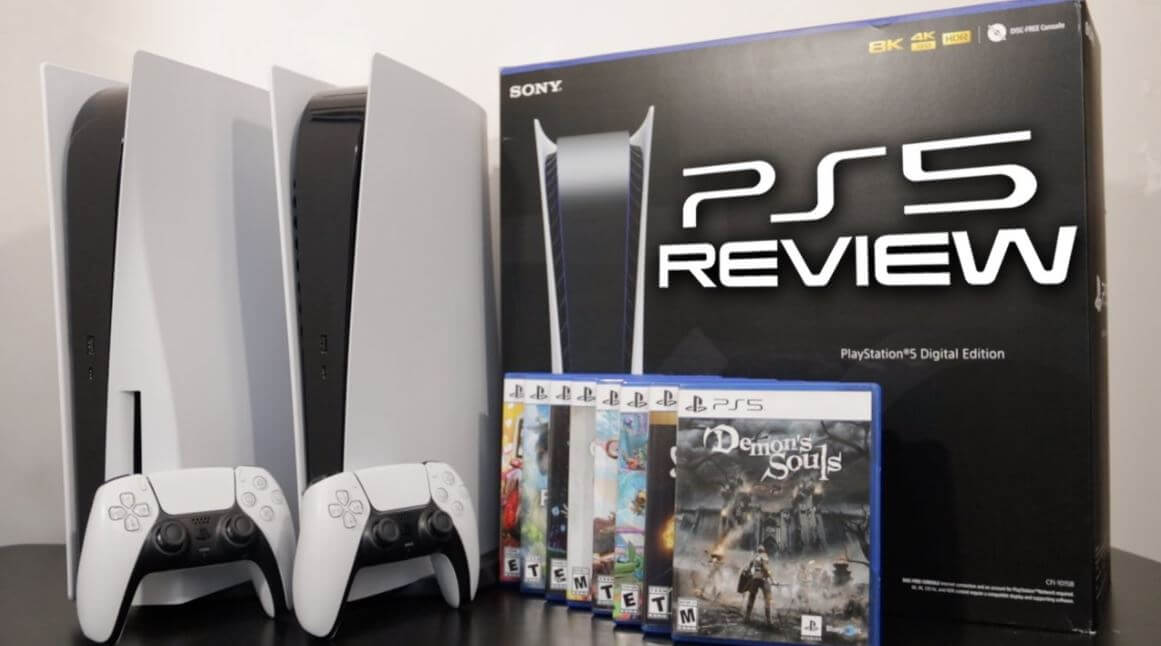
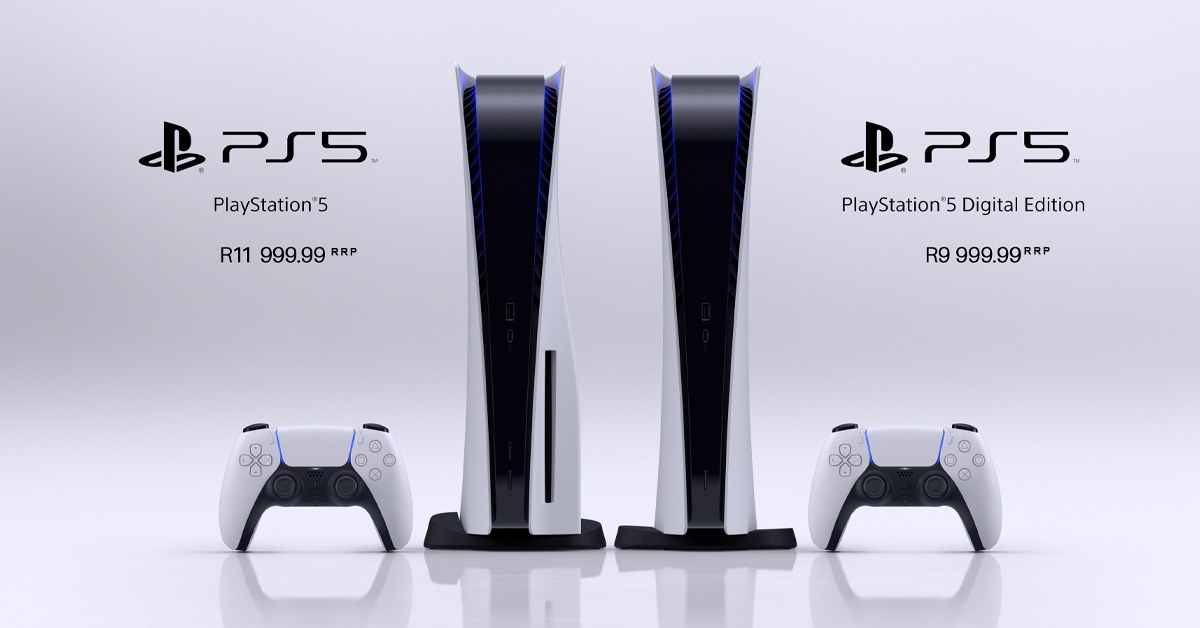



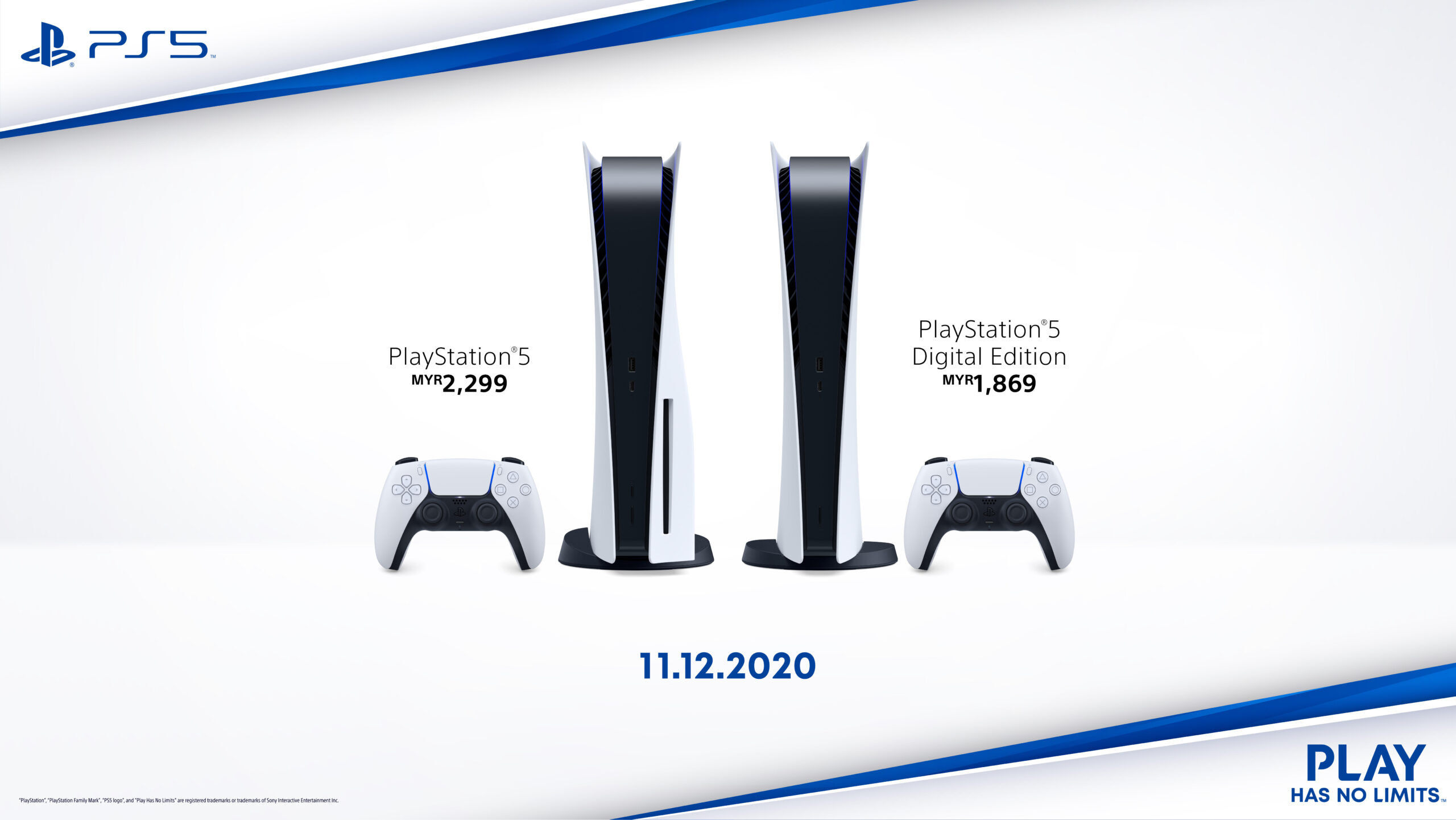




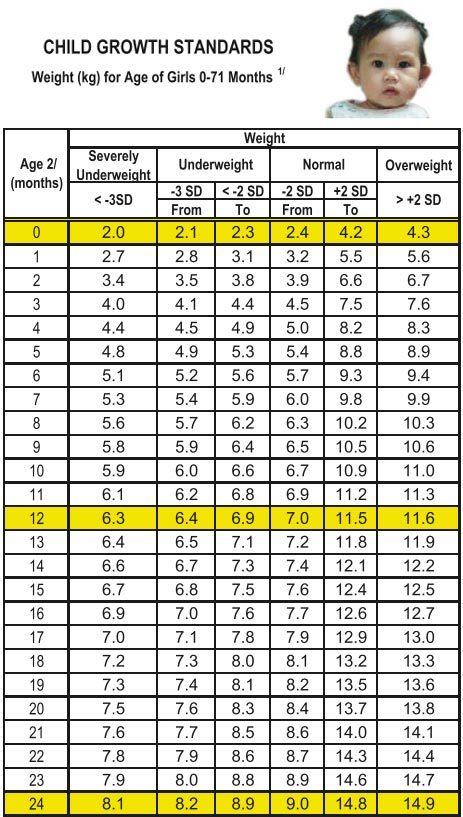





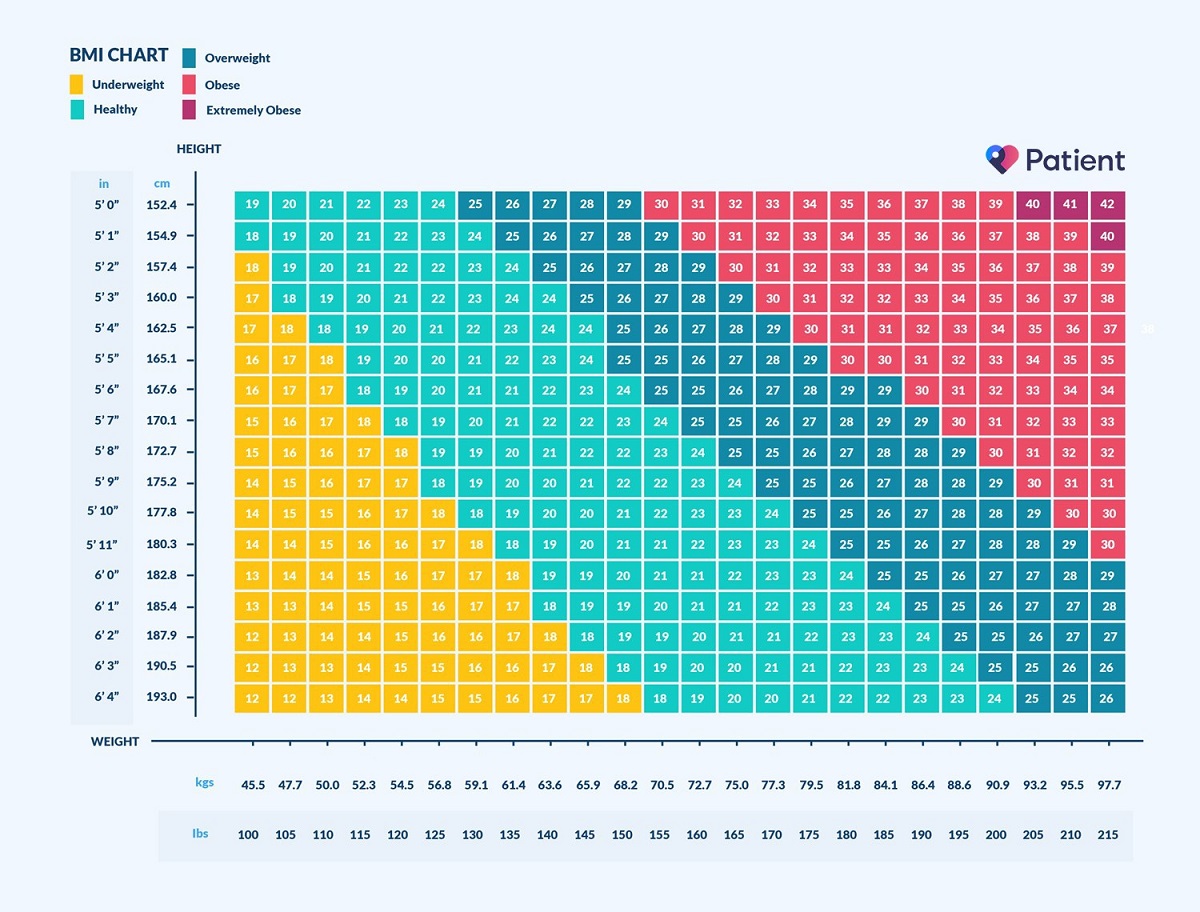


/vidio-web-prod-film/uploads/film/image_portrait/4067/beabeo-tidy-up-time-c9c736.jpg)
